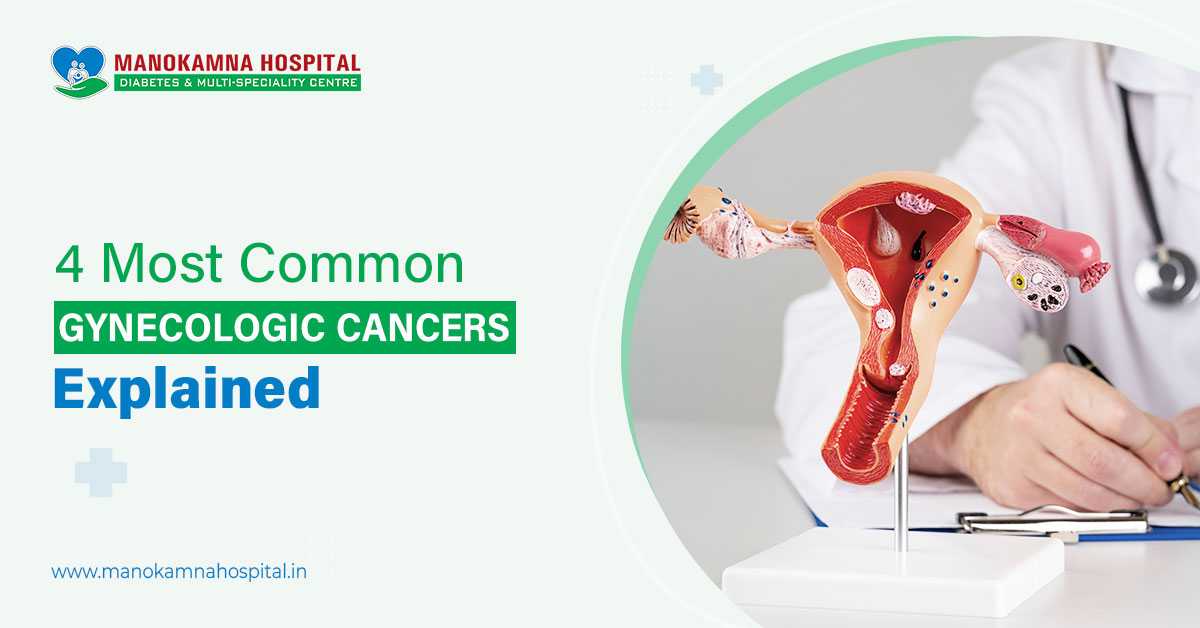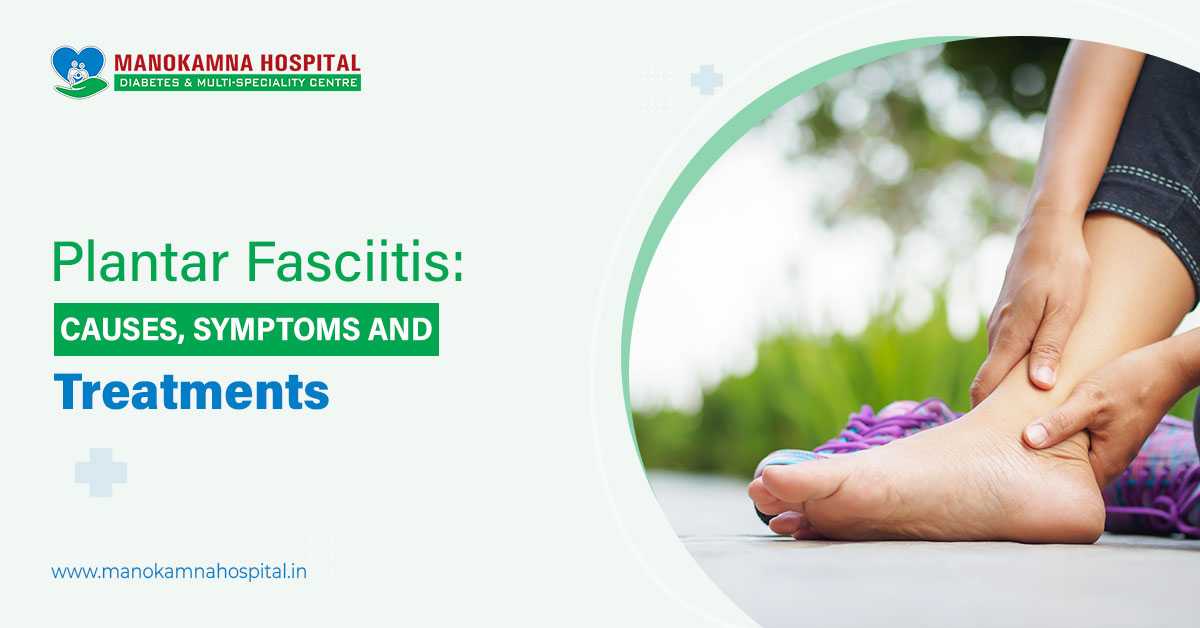Simply put, the term gestational diabetes refers to high blood sugar during gestation (pregnancy). Women who have no record of diabetes can be diagnosed with this concern. Much remains unknown about the root cause of gestational diabetes.
A combination of factors may trigger such a hike. It can be obesity or hormonal changes that might affect the blood sugar level. Whatever the underlying reason is, the effects of this type of high blood sugar level are concerning for both the expectant mother and baby. You might seek medical guidance from the best diabetologist in Siliguri.
Keep From Risks Of Gestational Diabetes

Does Gestational Diabetes Have Symptoms?
You might have symptoms like:
- Excessive thirst
- An elevated level of huger
- Peeing more often
In most cases, the condition comes to light during routine screening. Therefore, regular health check-ups are of immense importance when you’re pregnant. And if you feel any of such signs mentioned above, let your doctor know early on.
What Puts You at Risks of Diabetes During Pregnancy?
Since the cause of gestational diabetes is not well understood, some factors may contribute to it, given below:
- Obesity
- Previous gestational diabetes
- Physical inactivity
- Polycystic ovary syndrome
- Prediabetes
If you have any of such risk factors, be extra attentive to your pregnancy. Do not skip medical appointments as advised by your specialist. It’s best to bring someone with you during appointments.
What Can be the Effects of Gestational Diabetes on the Baby?
Gestational diabetes can affect the baby in many ways that include:
Premature Birth
The general timing of delivery takes about 40 weeks, but preterm birth may occur before the 37th week of pregnancy. A preterm infant may require neonatal care to increase endurance.
Difficulties can be temporary problems with breathing, bleeding in the brain, undeveloped lungs, issues in the blood flow to the heart, neonatal sepsis, etc.
Breathing Difficulties
Respiratory distress syndrome (RDS) is a type of breathing issue in newborns. Expectant mothers with gestational diabetes might have a baby developing this concern.
Delivery before the due date generally leads to RDS. Signs of RDS involve shallow breathing, bluish skin tone, rapid breathing, flaring of the nostrils, grunting sounds, etc. Special care provided by a team of medical experts looks after the baby to improve the health optimally.
Low Blood Sugar Level
Low blood sugar levels can be downright concerning. Newborns with hypoglycemia (low blood sugar level), may/may not show symptoms. For that reason, a blood test is required.
Noticeable signs include shakiness, low energy, seizures, lip discoloration, blue skin tone, low body temperature, weak muscles, et al. Proper medical assessment ensures if the baby has hypoglycemia.
Talk With Your Medical Expert
Stillbirth
Stillbirth describes the loss of a baby/death. This condition takes place after the 20th week of pregnancy. Situations that might result in such a loss entail high blood pressure during pregnancy (preeclampsia), issues in the umbilical cord/placenta, gestational diabetes, lifestyle (smoking, alcohol consumption, drug misuse), etc. You might consult a diabetologist at the top multispecialty hospital in Siliguri city. Plus, seeking care from an ob-gyn (gynaecologist and obstetrician) can be very helpful.
Medical guidance, lifestyle improvements, and healthy meals keep your pregnancy in a good state. If conceiving seems challenging, plan your pregnancy under medical assistance. Get quality recommendations to boost your health in every way possible.




